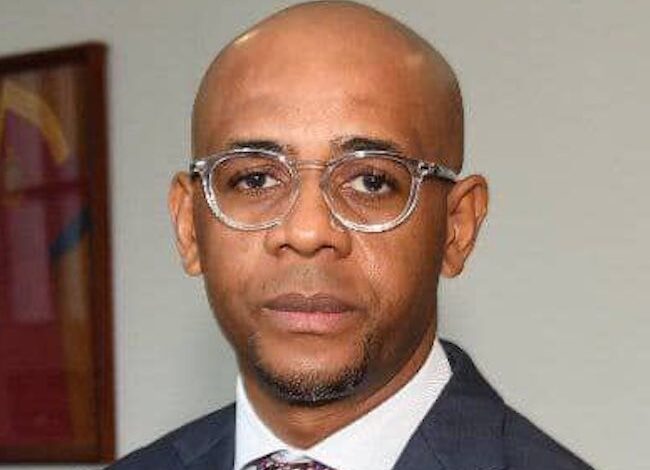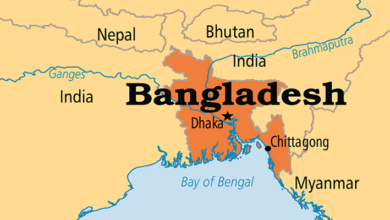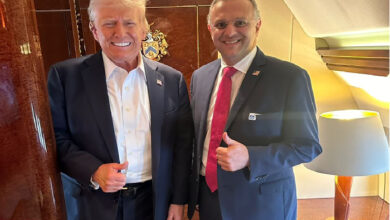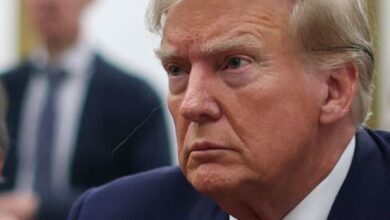Equatorial Guinea Govt Restricts Whatsapp Amid Sex Scandal

The Government of Equatorial Guinea has imposed restrictions on its citizens, preventing them from downloading and sharing multimedia files on WhatsApp using mobile data.
This measure aligns with directives issued by the government to telecommunication providers, encouraging the adoption of steps to limit access to inappropriate content.
Baltasar Engonga, the Director General of the National Financial Investigation Agency, became embroiled in a scandal involving affairs with the wives of prominent figures.
The scandal surfaced during a fraud investigation involving the 54-year-old economist, leading to a sudden search of his home and office by ANIF officials. During the search, numerous CDs were found, which exposed his relationships with various married women.
The over 400 videos reportedly include encounters with high-profile individuals, such as his brother’s wife, his cousin, the sister of the President of Equatorial Guinea, the Director General of Police’s wife, and about 20 of the country’s ministers’ wives, among others.
The footage, discovered in his office, was said to have been recorded with consent and has since been leaked online, causing a media uproar.
However, in a new development on Tuesday, a local news platform, Ahora EG, reported that the citizens have been lamenting their inability to share photos, videos, and audio when using a mobile data connection, leading users to rely exclusively on WiFi networks to share such content.
Speaking with a source, the platform quoted a source as saying, “Should an entire country pay for the actions of a few? The likely decision to restrict access to essential communication functions seems disproportionate and punitive, affecting thousands of users of these platforms who, in addition to serving them for entertainment, also use them for their work and/or educational activities.
“In a world where digitalization is becoming more and more important, should we shut down our platforms and paralyze our activities due to the actions of a few? Currently, users are forced to rely exclusively on WiFi connections, which not only limits their ability to communicate but also interferes with their daily activities.
“This situation has generated a heated debate among the population, where many believe that the measure seems to be more focused on controlling than facilitating communication,” the report added.
Ahora EG also quoted another querying, “Is it fair that everyone should suffer the consequences of the actions of a few? The authorities have not yet provided any explanation for the reasons behind this restriction, as well as the duration of the same. At a time when information and communication are more vital than ever, the lack of transparency only aggravates citizens’ concerns.”
Earlier, the Vice President of Equatorial Guinea, Teddy Nguema, disclosed plans to install surveillance cameras in all state body offices.
This sweeping measure is part of an ongoing effort to ensure strict adherence to public service laws and combat misconduct among officials.



